These Banks Are Offering CD Interest Rates That May Outperform Any Savings Account
In today’s economy, low interest rates on savings accounts often fail to keep up with inflation. As a result, more people are choosing Certificates of Deposit (CDs) for better returns with minimal risk. This article highlights which banks offer CD rates that could outperform savings accounts, using bullet points, Q&A, charts, and tables for clear guidance.
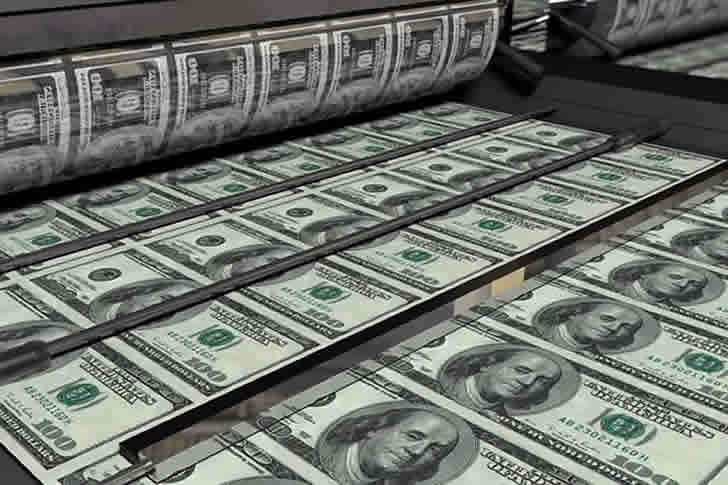
1. Why Choose a Certificate of Deposit (CD)?
CDs generally offer higher interest rates than regular savings accounts and come with a fixed interest rate for the entire term. This means that no matter how the market changes, you can be sure of a stable return. Here are a few key reasons to choose a CD:
- Higher Interest Rates: CDs typically offer higher Annual Percentage Yields (APY) than savings accounts.
- Low Risk: CDs are protected by FDIC insurance (up to $250,000), ensuring the safety of your principal.
- Fixed Terms: The fixed term of a CD can help you plan for long-term financial goals.
2. Comparison Table of Leading Banks Offering the Best CD Rates
The following is a detailed comparison of over ten banks that currently offer the best CD rates in the market. This table will help you determine which bank’s CD best suits your financial needs.
| Bank Name | 12-Month CD Rate | 24-Month CD Rate | 36-Month CD Rate | Early Withdrawal Penalty | Minimum Deposit | Highlight Features |
|---|---|---|---|---|---|---|
| Bank of America | 4.10% | 4.25% | 4.35% | 3 months interest | $1,000 | Stable large bank with strong reputation |
| Chase Bank | 4.05% | 4.20% | 4.30% | 6 months interest | $1,000 | Extensive global network, easy access |
| Capital One | 4.30% | 4.50% | 4.65% | 6 months interest | None | No minimum deposit, high rates |
| Discover Bank | 4.20% | 4.40% | 4.50% | 9 months interest | $2,500 | Strong online platform, excellent service |
| Ally Bank | 4.35% | 4.55% | 4.70% | 5 months interest | None | High rates, strong flexibility |
| Goldman Sachs (Marcus) | 4.40% | 4.60% | 4.75% | 10 months interest | $500 | Investment bank background, superior rates |
| Barclays | 4.15% | 4.35% | 4.50% | 3 months interest | $1,000 | UK background, global support |
| Synchrony Bank | 4.50% | 4.70% | 5.00% | 6 months interest | None | Highest rates, strong flexibility |
| American Express Bank | 4.25% | 4.45% | 4.60% | 6 months interest | $1,000 | No monthly fees, excellent customer service |
| CIT Bank | 4.40% | 4.55% | 5.10% | 12 months interest | $1,000 | Focus on high-rate products |
| PNC Bank | 4.05% | 4.20% | 4.35% | 9 months interest | $1,000 | Established bank, extensive service network |
| U.S. Bank | 4.10% | 4.25% | 4.40% | 3 months interest | $500 | Well-known American bank |
| XYZ Credit Union | 5.50% | 5.40% | 5.30% | 12 months interest | $1,000 | Highest rates available, local credit union |
Key Highlights
- XYZ Credit Union offers the highest rates available, with a 12-month CD rate of 5.50%, making it an attractive option for those seeking the maximum return.
- Ally Bank and Capital One offer CDs with no minimum deposit requirement, making them highly attractive to savers with limited funds.
- Synchrony Bank offers a 36-month CD rate of 5.00%, one of the highest available, with no minimum deposit requirement, providing great flexibility.
- CIT Bank offers a 36-month CD with a rate as high as 5.10%, making it one of the top choices for those looking for the highest return on a longer-term investment.
3. Expert Q&A
Q: Are CDs suitable for all investors?
A: CDs are ideal for those seeking stable returns and who do not need access to their funds in the short term. If you require liquidity or are uncertain about future interest rate trends, a CD might not be the best choice.
Q: How should I choose the right CD term?
A: When selecting a CD term, consider your need for liquidity. Typically, longer terms offer higher rates but mean your funds are locked up for a more extended period. If you anticipate needing these funds within the next few years, opt for shorter-term CDs or a laddering strategy to maintain some liquidity.
Q: What happens if I withdraw early?
A: Early withdrawals usually incur penalties, typically a few months’ worth of interest. Therefore, it’s crucial to factor this into your decision when choosing a CD, ensuring you won’t need to access the funds during the term.
4. CD vs. Savings Account: Which is More Beneficial?
To visually demonstrate the difference between CDs and savings accounts, let’s compare them through the following chart:
5. Conclusion and Recommendations
Based on the analysis above, CDs can indeed be an excellent choice for savers seeking stable, high-interest returns. Particularly in a rising interest rate environment, the fixed-rate advantage of CDs is more pronounced. However, before choosing a CD, carefully consider your liquidity needs and long-term financial plans.
Key Recommendations:
- Choose a CD term that matches your financial needs: If you anticipate needing to use these funds in the short term, opt for a shorter CD term or consider a laddering strategy.
- Compare CD rates from different banks: There can be significant differences in CD rates across banks, so careful comparison can help you find the best option.
- Be mindful of early withdrawal penalties: Since early withdrawal can result in substantial penalties, make sure you can commit to the CD term without needing the funds.
References:
- https://www.nerdwallet.com/article/banking/faq-cd-or-highyield-savings
- https://www.fidelity.com/learning-center/smart-money/cd-vs-high-yield-savings
- https://www.investopedia.com/cds-vs-savings-accounts-5270287
- https://www.citizensbank.com/learning/cd-vs-savings-account.aspx
By deeply analyzing CD rates, you can make more informed financial decisions and maximize your returns in the current market environment.

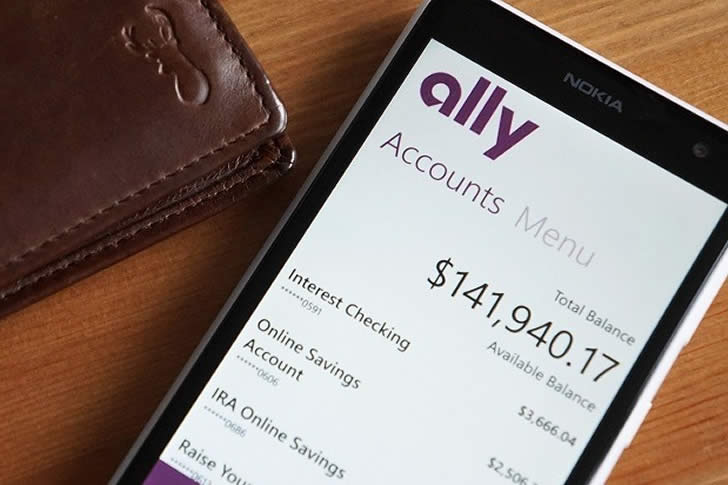
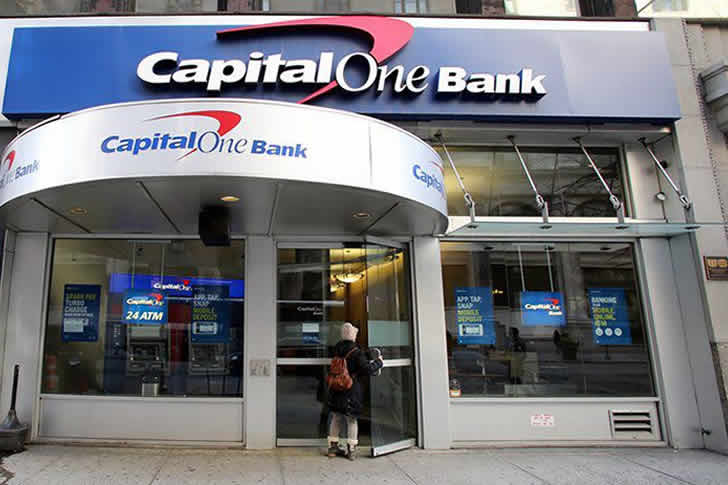

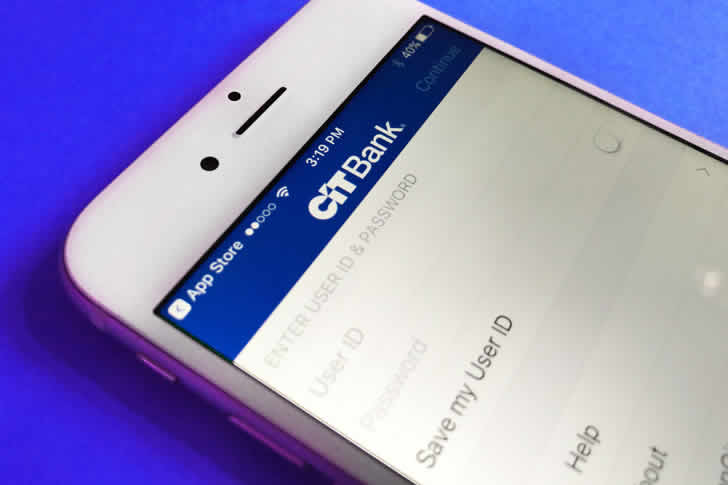
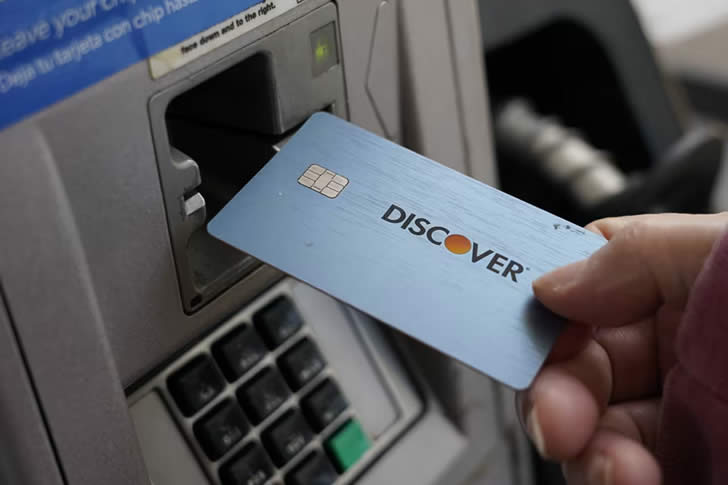







Recent Comments